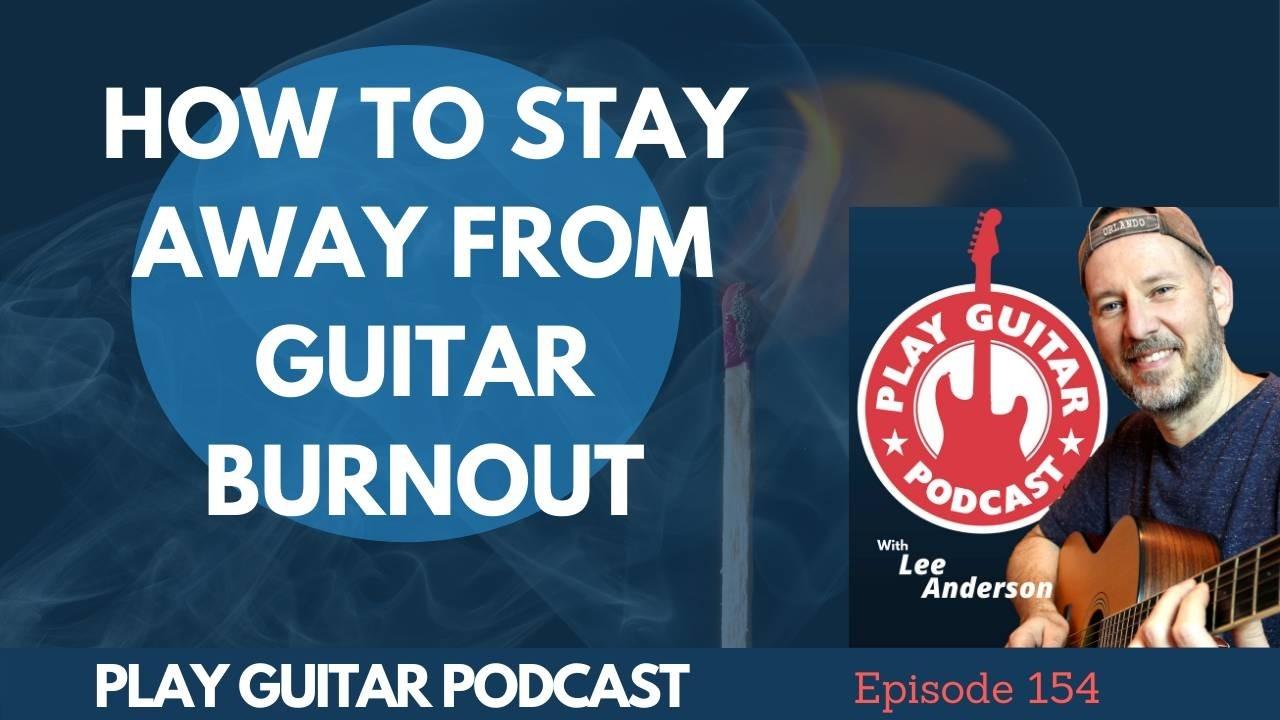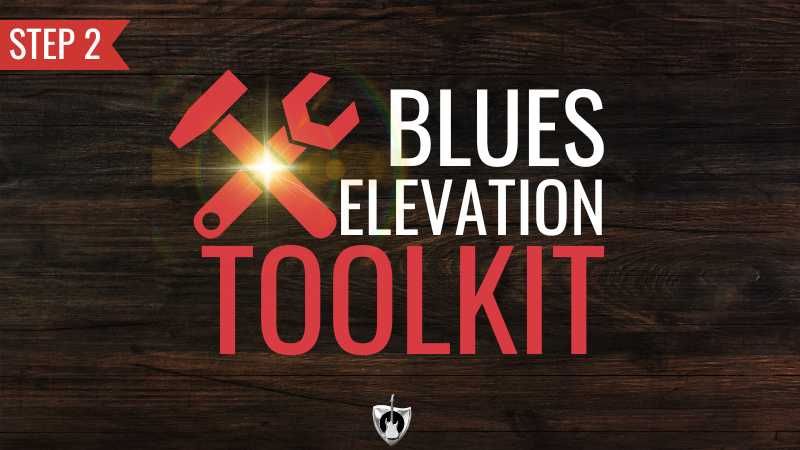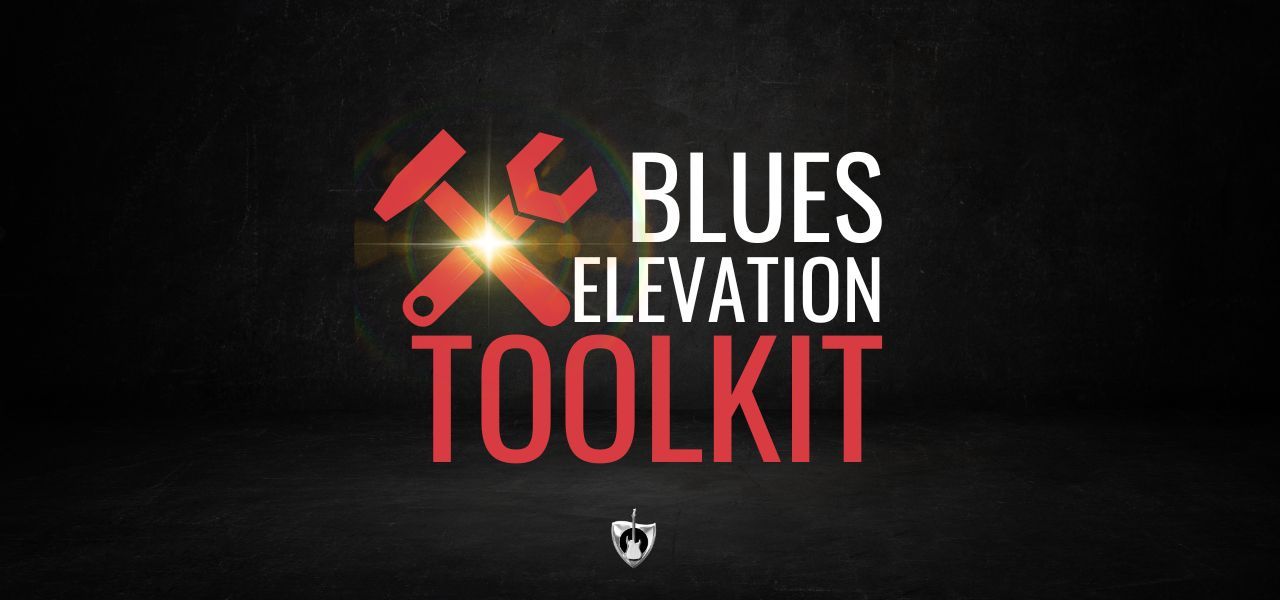How to Stay Away From Guitar Burnout – 154

Have you ever been burned out on guitar?
It happens more than you think. Today, I'm going to tell you how to succeed on guitar with out wearing yourself out.
Guitar burnout is real and it's no fun. For some of you, you could be thinking, "What are you talking about. Playing guitar is what I would rather be doing. I could play all day. It's my favorite thing to do"
I get it. But sometimes, especially when you have some pretty high goals on the guitar, succeeding at the guitar can get the best of you
The purpose of this podcast isn't to get you practicing. I'm assuming that you already are. This one is for the Players.
And this isn't for those who are already burnt out and want to get back to normal. This one is preventative. We are going to try to head this thing off at the pass.
I'm going to show you how to stay away from phrases like: "I'm putting in tons of time and effort but I'm not happy"?
I'm seeing some results, but at a big cost.
I don't feel like playing, but I'm forcing myself to play.
If this sounds like something that could benefit you, I've got a bonus for you at the end of the show. Hang around to learn the three steps to keep things interesting on guitar.
How do you keep guitar burnout away?
The answer comes in two steps:
Be intentional with your practicing, and
Don't take things so seriously.
Sounds simple, right. Well, if this is so simple, why do I find myself giving this advice so much. I think it's because of the unique way that the guitar is learned. Most of us come to the guitar thinking it will be easier. There is a lot to discover about how the guitar works and it takes us in a different direction that we expected.
At that point, it changes from being just a fun thing to do, to a challenge. And a challenge can be very exciting. It draws you in. But this is where problem is. This is the disconnect. We thinking that we are still having fun because it's the guitar, but we are really pretty hard at work. Work can be fun but it will definitely wear you out if you aren't careful.
And it creates a very confusing feeling when things get real.
The first step is to take control. Be intentional with your practicing.
Let's start with the one that is usually avoided: Scheduling breaks ahead of time.
When you are motivated and excited about learning something, the last thing that you would be thinking about is when do I take a break.
Breaks are important for your musical, mental and Physical well being.
Our whole lives revolve the cycle of being awake and asleep.
That's how we work.
Rest also gives our mind time to workout problems and challenges
Have you ever experienced working on something and you struggled. But the next day, when you play it, it's not a struggle anymore? What happened.
It gave your mind and body time to recharge.
Playing Guitar is mental and physical Exercise
Those who play out in clubs know exactly what I mean.
Performing is draining
Carrying heavy equipment, standing holding your guitar for hours on end. The excitement of the performance. Breaking everything down and carrying it all back home.
It takes a while to get used to playing out.
So let's schedule some breaks
The first place is no brainers
Holidays and Vacation.
Although its great to practice everyday, you will need some down time. Why not have it coincide with your holidays.
You are going to be out of your routine anyway. Plan for those.
At regular intervals.
I like Six Weeks. It's how my courses are structured
For most, at the halfway point of the course - 6 weeks - we take time to review. A break from the routine.
A break doesn't have to be a full stop. Sometimes, just doing something different for a week can keep burnout at bay.
The next is a big issue in my teaching. The difference between Practicing and jamming. If you have listened to this podcast for awhile, I'm sure you've heard me talk about this.
Please realize that there's a difference between them.
A good balance between the two will definitely keep you away from burnout.
They are both important and if all you do is practice and never play, or all you do is jam but never work on new things, frustration and eventually burnout come pretty quickly
Plan time for both. It could either be in the same practice session, or broken up over days. Just realize that if you don't schedule both of these things, they won't get done.
And finally: Stop beating your head against the wall
Plan on being flexible and adjusting your practices sessions as you go.
The truth is: some skills take longer than others and it can be different for different people. You may fall into a rut, get frustrated with your progress, and struggle to get out. There is nothing wrong with taking your time to learn an important skill.
And realize that some things are best done in small segments over time. If you were to breeze through them, you may miss something important. It's ok if you aren't progressing as fast as your friend. At some point, everything could be flipped and your friend may find a skill that is difficult and takes time to master.
And the last part of being intentional with your practicing it to take a self stress check every so often.
The sad thing about all of this is that even though these are very easy concepts, I've seen , time and time again, that students don't even realize when this is going on.
Are you having fun and getting better at the same time?
Are you worn down?
Are you frustrated?
Do you feel like you aren't making any progress?
Does guitar add value to your life or does it take it away?
If you periodically ask yourself questions like this, and
Don't take things so seriously.
Guitar looks like fun doesn't it. I talked earlier about how we start learning guitar with fun in mind and then it changes direction. Then it is all about progress and less about fun.
Remember, It's very hard to see your own progress.
And always trying to gauge your progress causes frustration.
trust that if you are doing the work, the progress will come on it own.
I think this is why so many players get heavily into acquiring gear.
Because it's fun. And when the initial fun of learning the guitar wears off, a new purchase always makes things better.
But it's short lived. Eventually you have a bunch of great gear and your playing is left behind.
For me the key is to find different things to do with the guitar that are rewarding. Things where it doesn't matter if you can shred or not.
Playing a benefit, or for kids, or for a play, or for church. Using your guitar for something other than your own accomplishments can bring the fun back into focus very quickly.
I'm asking a lot of questions today? Why did you start this in the first place?
Take a moment and think about it
What do you like about guitar now, and is it different?
Music is supposed to be fun. It's not the end of the world if you make a few mistakes. Embrace your mistakes. That's how you really get better.
3 simple steps to Keep things interesting on guitar.
Be Quick to Change - embrace it.
Change routines
Change gear
Change players you play with
Listen to and learn a lot of music
In your main style
In different styles
Make transcription part of your practice routine.
Start creating Music
Start with licks
Chord progressions
Full Songs
GET FREE WEEKLY GUITAR LESSONS, PODCASTS, AND MOTIVATION DELIVERED TO YOUR INBOX.
Your information is kept safe. It's never shared with third parties.




